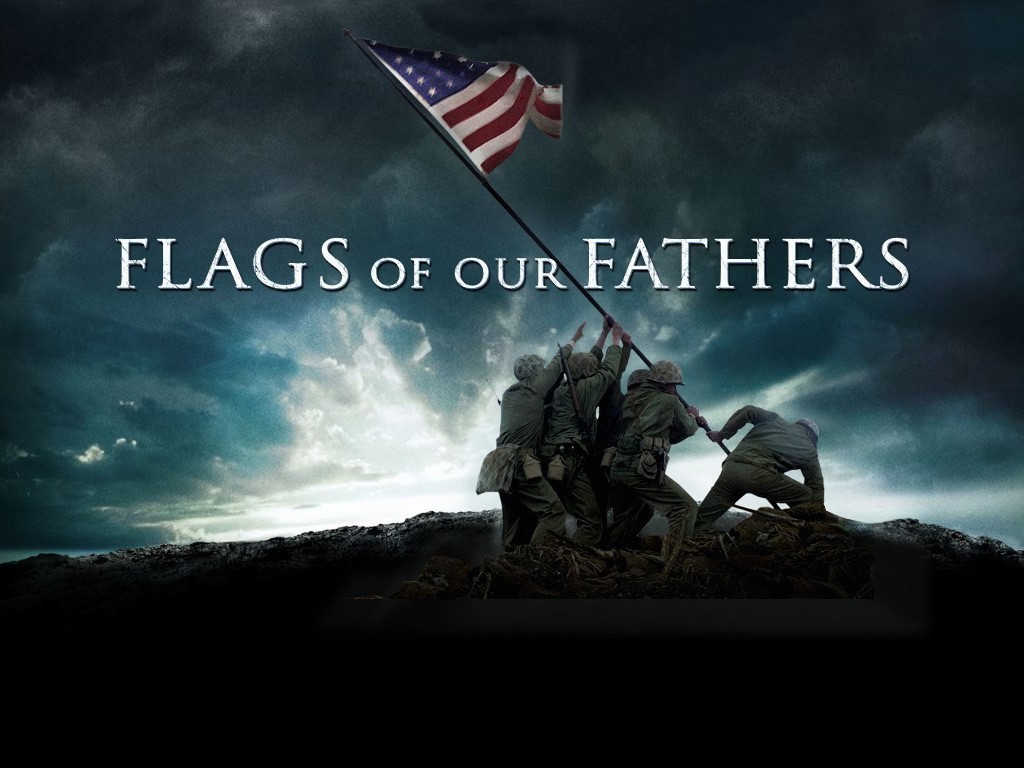Flying with the 33rd Marine Air Group, Ted Williams was one of the 200 flyers in a huge air mission aimed at Kyomipo, fifteen miles south of the North Korea capital of Pyongyang. Coming in low over his target, a troop encampment, Ted lost site of the plane in front of him.
He dropped down to regain visual contact, but went too low. North Korean soldiers in the encampment blasted him with small arms fire. He completed his run over the target and tried to pull up. Every warning light in the cockpit was lit and the plane was vibrating. The stick started to shake and he knew he’d sprung a leak in the hydraulic system.
The landing gear came down and the plane was hard to control. Ted got the gear up and started climbing. He knew he was in trouble and got on the radio, but the radio went dead. Another pilot pulled close and tried to signal Ted to bail out, but he didn’t know his plane was on fire.
He increased altitude and turned the jet toward the nearest American base. Nearly all his instruments were out. The airspeed indicator read zero. The wing flaps were frozen and Ted was unable to lower the landing gear. Every message given by the plane told him to eject.
He continued to climb, still not knowing the plane was on fire, but took the precaution of climbing to higher elevation anyway. A companion aircraft, piloted by Lieutenant Larry Hawkins, led Ted back to the field and radioed ahead that he was in trouble.
Ted again considered bailing out but resisted the idea. He was afraid if he
|
ejected his kneecaps would crash against the cockpit.
With the field in site, Ted turned to land when an explosion rocked the craft. A wheel door had blown off. Smoke was pouring from the brake ports. Down below, the residents of a small Korean village on the outskirts of the field scattered. His plane was a mass of fire and smoke.
Unable to check his air speed and almost powerless to do anything about it, Ted approached the ground at 225 miles per hour, almost twice the recommended speed. He dropped the emergency wheel latch and only one wheel dropped into position. He hit the strip level, but with no way to slow the plane. Soon the plane settled on its belly, sparks, fire, and smoke trailing after it, as Ted held on, hoping it would stop.
The F-9 screamed down the field out of control for more than a mile, shedding strips of metal and on the verge on exploding. Twice the plane nearly barreled into fire trucks waiting for the inevitable blowup. Finally, at the very edge of the field, the plane groaned to a stop.
Ted popped the canopy. With the exception of the cockpit, the entire plane was aflame. He dove headfirst to the tarmac, where he was grabbed by two Marine flight crewmen and hustled away. Angry, both at himself and the close call, Ted took off his helmet and threw it on the ground. When he returned to look at the plane, it was a blackened hulk, completely destroyed. He avoided death by the narrowest margin.
|



